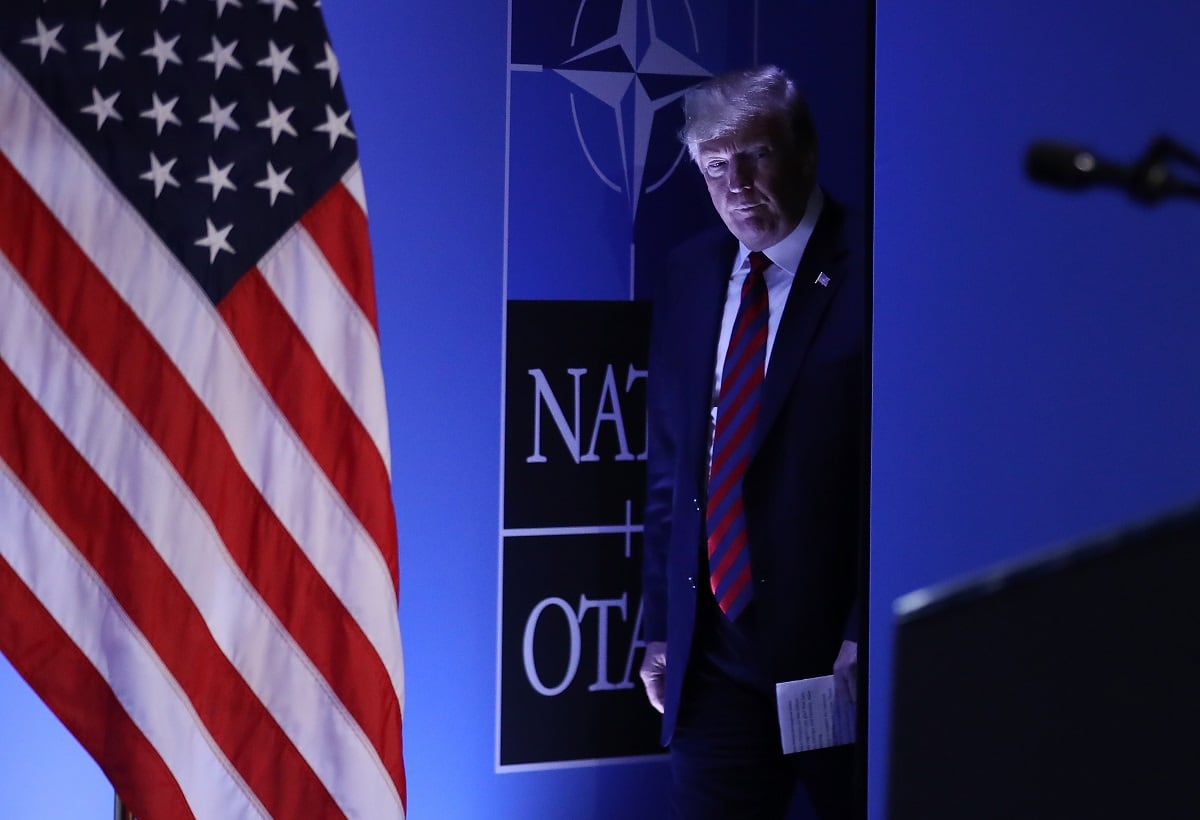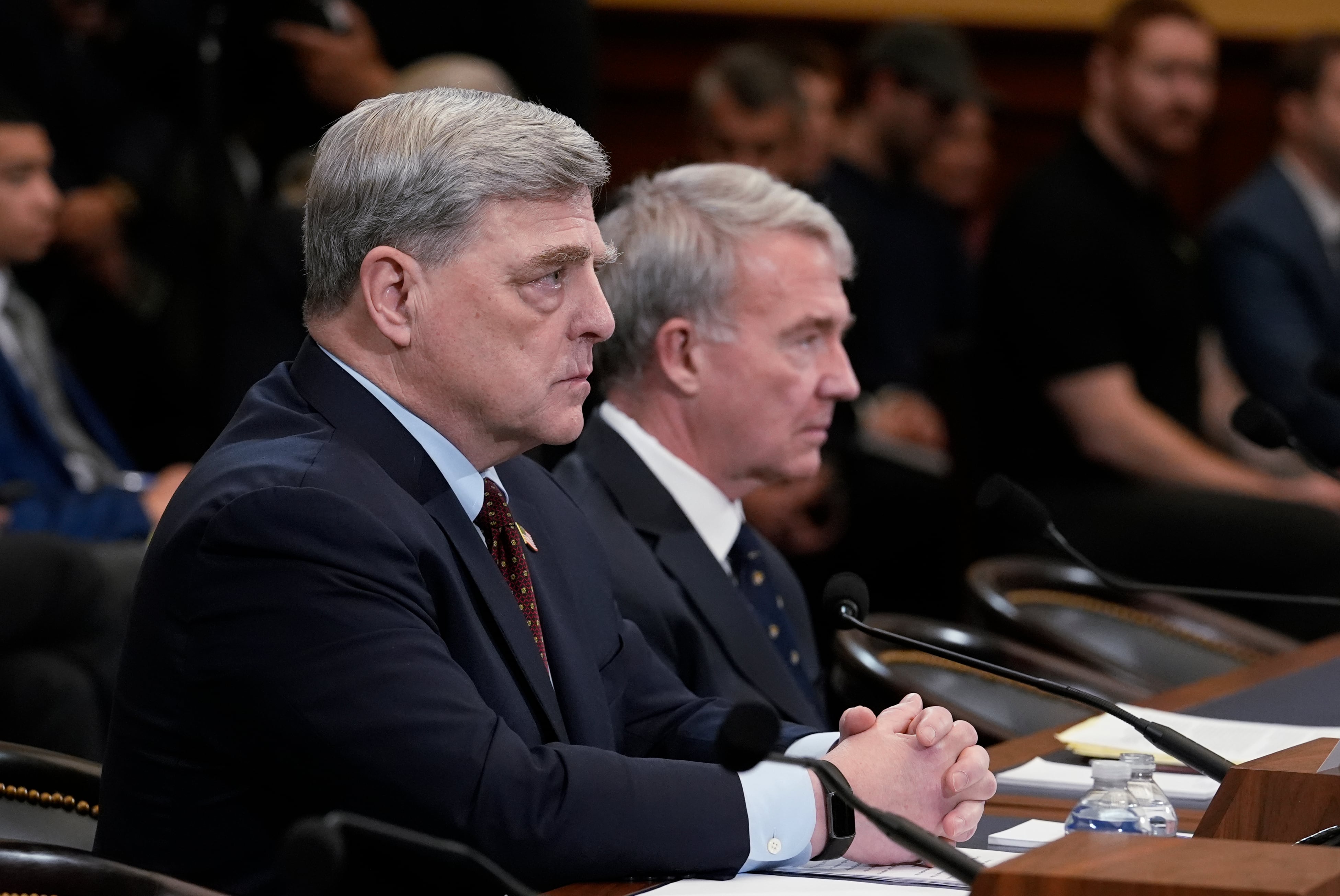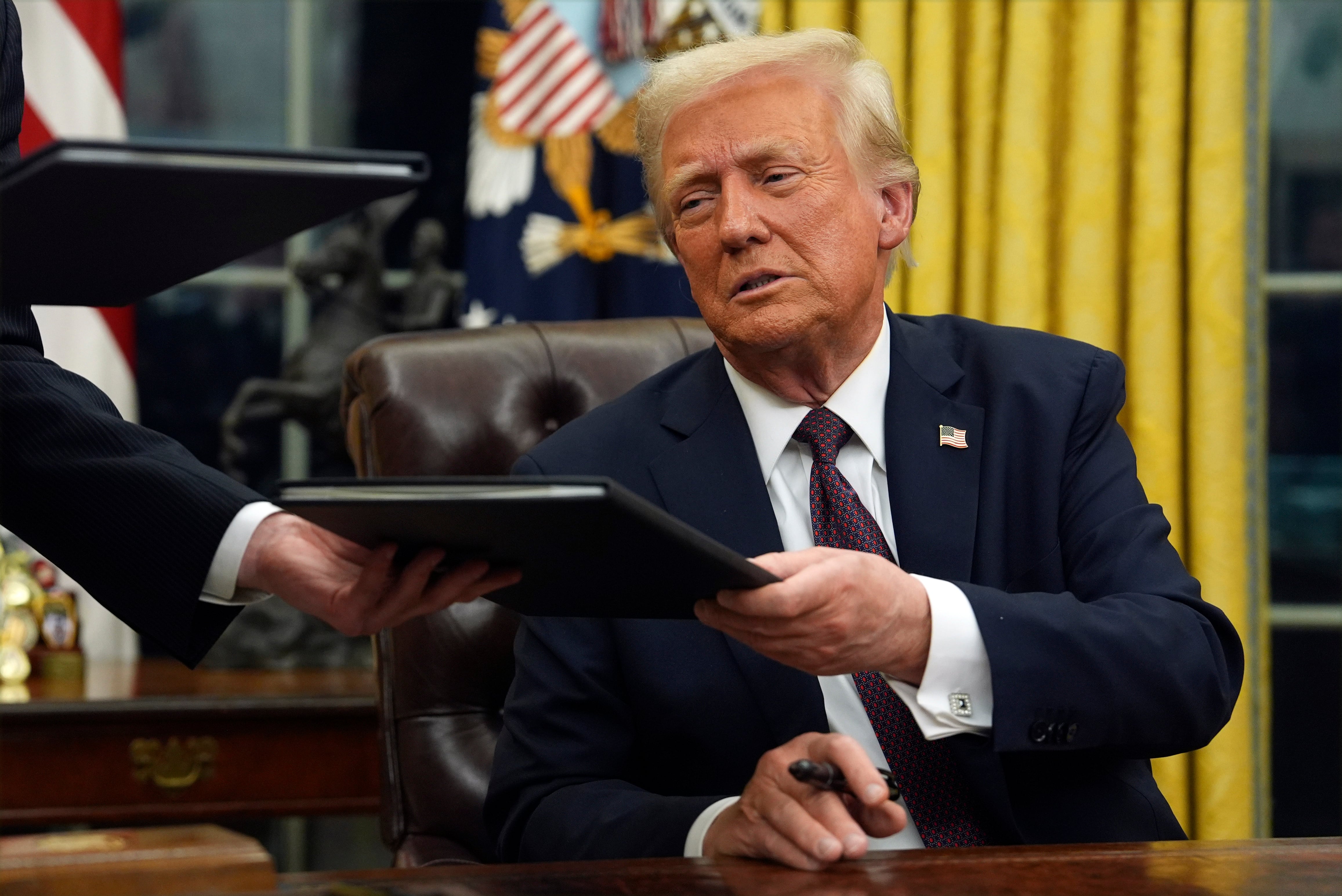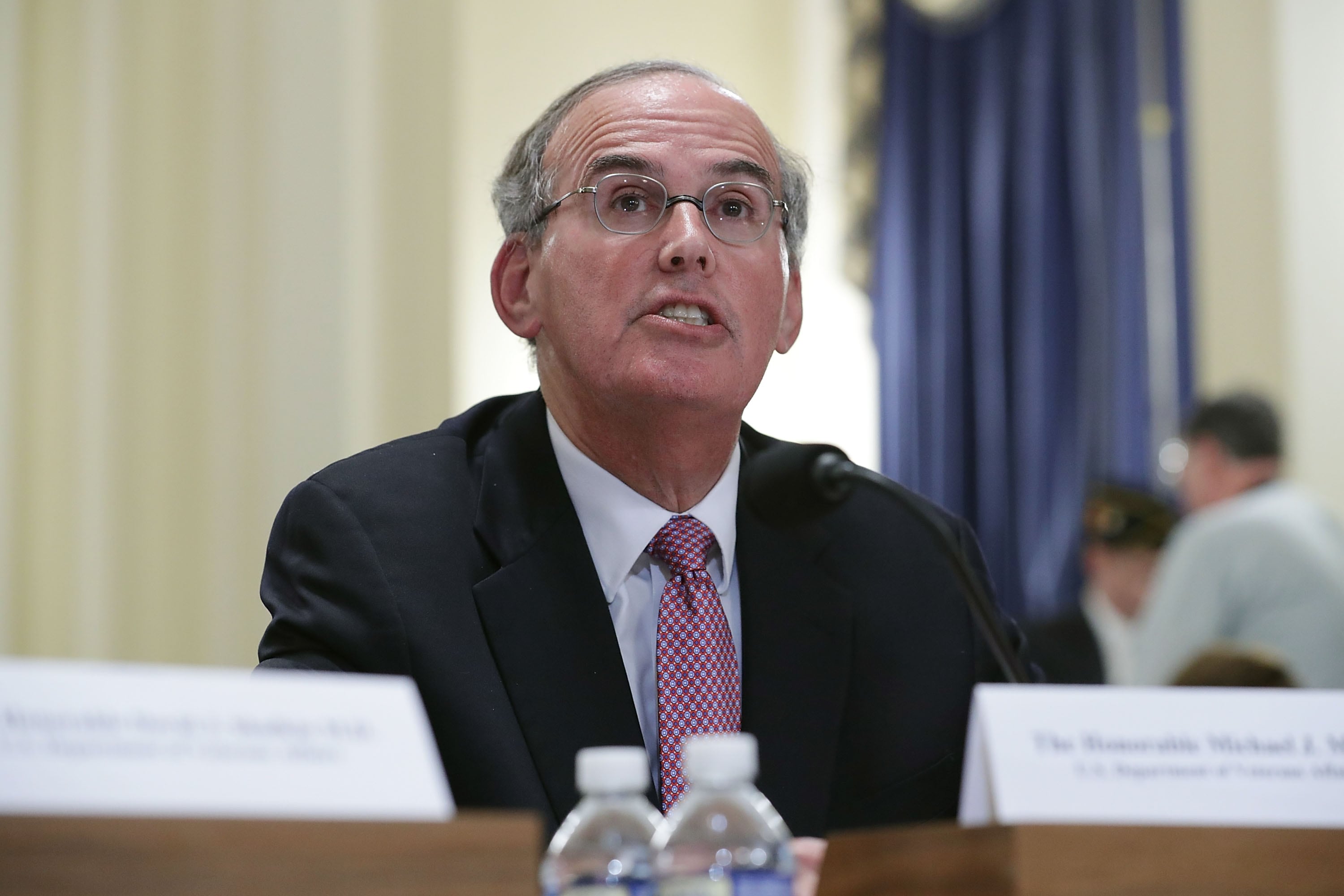WASHINGTON — As the American-Iranian crisis shows signs of de-escalation, U.S. President Donald Trump announced plans to ask NATO allies to step up efforts in the Middle East — at a time the alliance members may be especially reluctant to get involved.
“Today, I am going to ask NATO to become much more involved in the Middle East process,” Trump said in his national address. The president also called for “the United Kingdom, Germany, France, Russia and China” to “break away from the remnants of the Iran deal, or JCPOA, and we must all work together toward making a deal with Iran that makes the world a safer and more peaceful place.”
While it’s unclear what he meant by “Middle East process,” it appears Trump wants NATO to have a greater presence in the region. An alliance spokesperson said Trump had a phone call Wednesday with NATO Secretary General Jens Stoltenberg in which Trump “asked the secretary general for NATO to become more involved in the Middle East."
The two men “agreed that NATO could contribute more to regional stability and the fight against international terrorism,” per the NATO readout of the call. “They also agreed to stay in close contact on the issue.”
For that to happen, analysts agree Trump has his work cut out for him in convincing skeptical allies to invest more in a region that is far from the North Atlantic.
Broadly speaking, alliance members are more concerned with Russia than the Middle East. They have supported American operations in Iraq and Afghanistan largely out of a desire to be seen as supporting Washington. But that becomes even more complicated given Trump’s tense relationship with the alliance; he has spent his presidency describing NATO as outdated and lambasting allies for what he consider a lack of burden-sharing and defense spending.
“Trump has little credibility to be asking NATO to do more, having mostly bashed the organization for years,” said Erik Brattberg, director of the Carnegie Endowment for International Peace’s Europe Program. “While some NATO leaders, like [French President Emmanuel Macron], have called for a stronger NATO role in the Middle East and North Africa, most leaders are skeptical. At the recent NATO meeting in London, alliance leaders made clear their primary focus is deterring Russia, not deploying in the Middle East.”
Jim Townsend, a former Pentagon official now with the Center for a New American Security, was more blunt, saying Trump’s comments show administration officials “still don’t get what NATO does.”
“They crap on NATO and allies, and then when they need friends they turn to NATO, even when what they need help doing should be done by others,” Townsend said. “I can’t imagine what they think NATO is going to do.”
Chris Skaluba, a former Defense Department official who now works at the Atlantic Council, warned the killing of Iranian Gen. Qasem Soleimani last week in a U.S. airstrike likely makes Europeans more hesitant to get involved in the region.
“The Suleimani killing has really upset them, in the sense that they didn’t get the heads up for something that was clearly going to be a major escalation,” Skaluba said. “There is a general unhappiness with what has happened, aimed at the Trump administration. So I don’t think the Europeans are necessarily waiting around hoping Washington will call and ask for help.”
Added Brattberg: “Trump’s unilateral handling of the Iran situation and the recent escalation means that Europeans are even less likely to want to get involved militarily in the Middle East. If Trump pulls out of Iraq or Syria, it will be virtually impossible for Europeans to keep troops in those places.”
That means the administration is going to need a strong diplomatic strategy if it wants NATO to line up with a harder line against Iran, especially if it means deploying more European forces to the region only days after a number of nations announced they were suspending operations in Iraq over safety concerns.
“It’s not good enough for the president to say he wants Europe more involved,” Skaluba said. “The U.S. is going to have to present a framework for what that [might] look like, be specific of what it wants and then do the hard diplomacy to convince nations to get on board. A lot of that takes place capital to capital and secretary to secretary. Once you have momentum among key allies, you can bring it to NATO and push NATO to broad action.”
However, Rep. Mac Thornberry, R-Texas, said the president’s goal of expanding Europe’s involvement in Mideast security is “really important.”
“There’s been some divisions because of differences of opinion over the JCPOA,” said Thornberry, the ranking member on the House Armed Services Committee. "So that’s done now. To be effective when it comes to Iran, we need to have our European and other rallies with us — NATO, being together, our Middle Eastern friends and allies being together. I think that can make for a much more effective policy.”
Secretary of State Mike Pompeo “has a lot of work to do with NATO allies on: OK, now that JCPOA is over, how are we going to be together, whether its sanctions or other sorts of economic, diplomatic pressures on Iran to give up their nuclear program truly, but also address the other issues?” Thornberry added.
Should the administration manage to wrangle the alliance, questions remain about what NATO members are willing to do. Brattberg expects the alliance’s role will “continue to be limited to small-scale training operations,” such as the mission associated with combating the Islamic State group.
Skaluba, for his part, doesn’t see “any prospects for NATO to do anything immediately in terms of sending troops, but I do suspect if this becomes a sustained sort of conflict, you will see NATO, or at least individual nations, more involved than they are right now.” But he also said NATO plays an important role as a “forum” for discussing the region.
“It’s a readymade place where 29 allies, particularly the big ones, have a venue to get together and talk about what is happening and try to figure out best actions for both NATO and individual members,” he said. “So I do think it’s a forum for consultation on Iran and the Middle East. Using it that way makes a ton of sense.”
Aaron Mehta was deputy editor and senior Pentagon correspondent for Defense News, covering policy, strategy and acquisition at the highest levels of the Defense Department and its international partners.
Joe Gould was the senior Pentagon reporter for Defense News, covering the intersection of national security policy, politics and the defense industry. He had previously served as Congress reporter.





